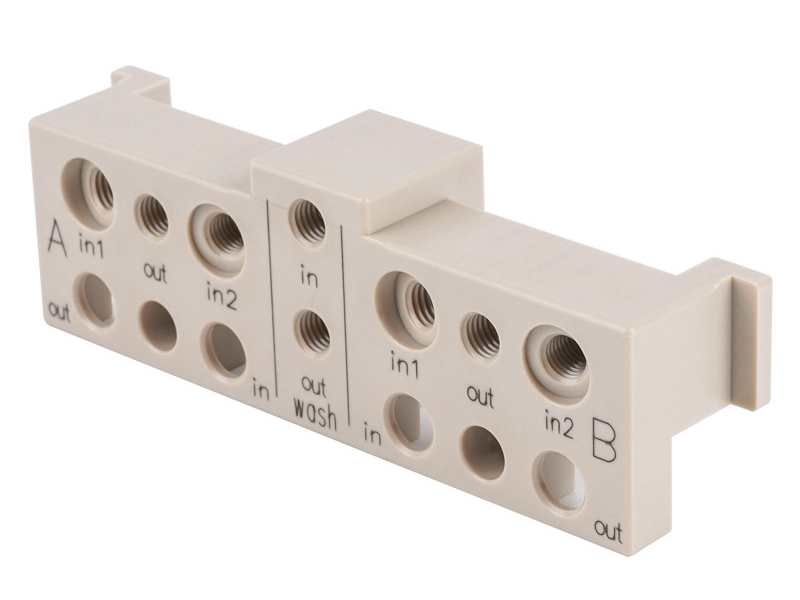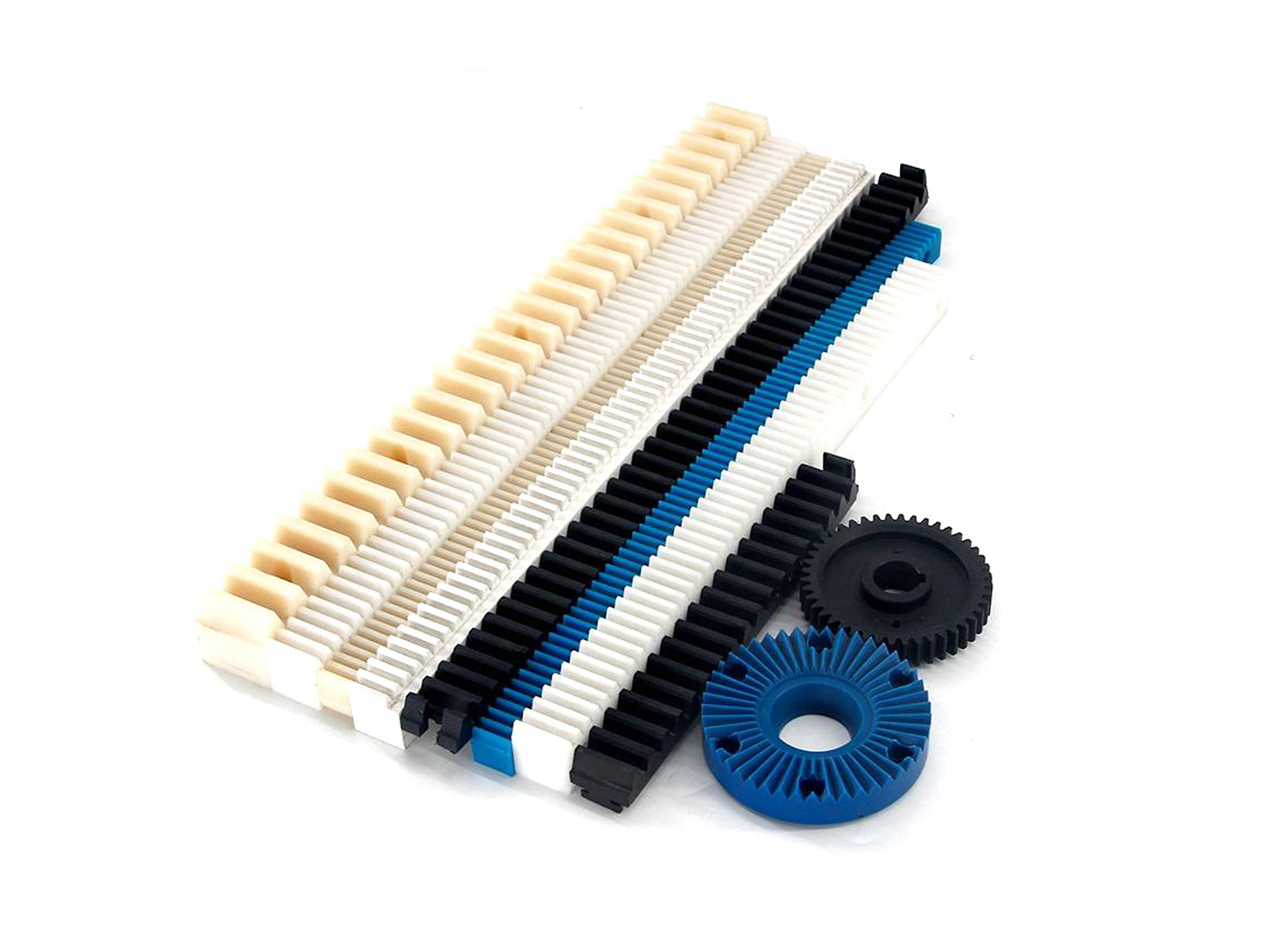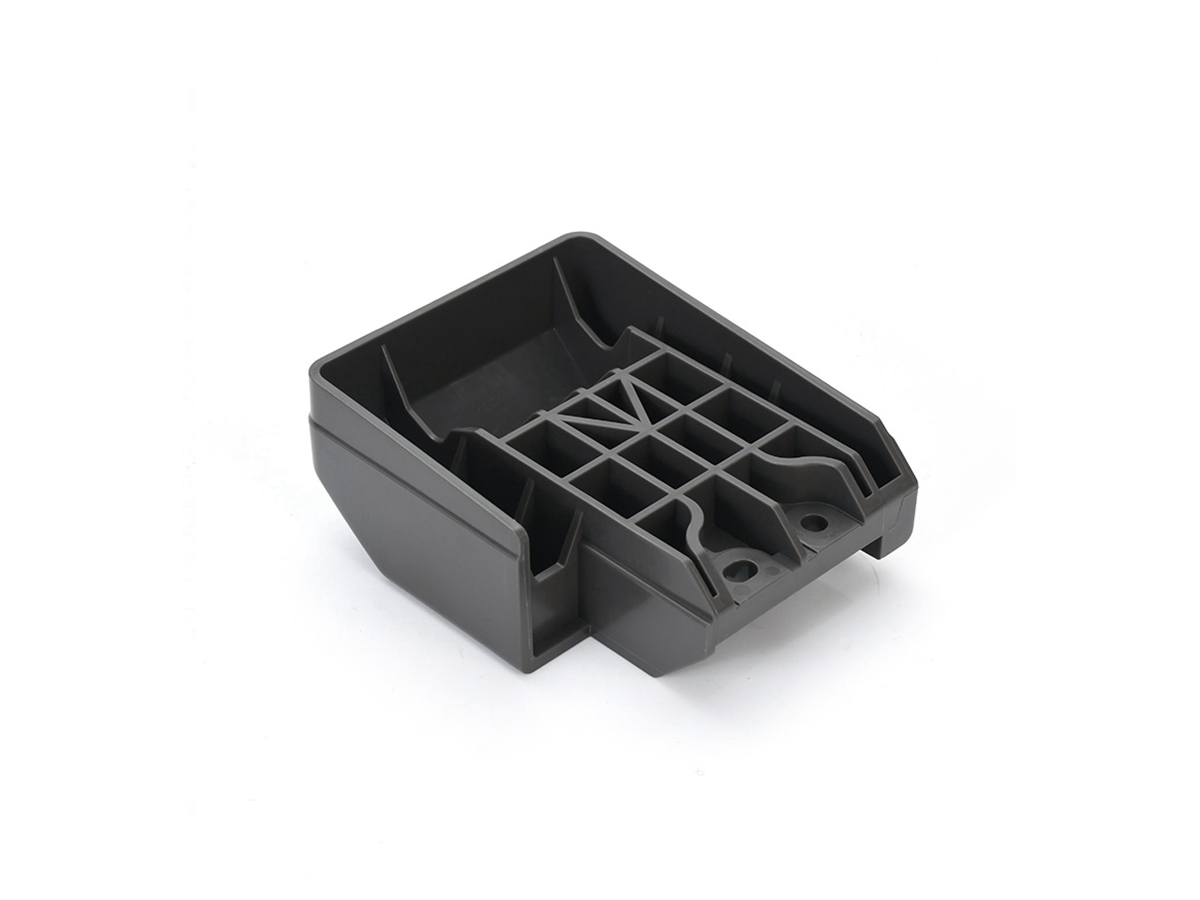How does thermal expansion differ between metal and plastic CNC parts?
Fundamental Differences in Thermal Behavior
Thermal expansion—the rate at which a material changes size with temperature—is a key consideration in CNC machining and prototyping. Metals and plastics respond very differently to heat: metals expand moderately and predictably, while plastics can expand several times more due to their lower melting points and higher coefficients of thermal expansion (CTE). Understanding these differences enables engineers to design parts that maintain dimensional integrity under varying temperatures.
Thermal Expansion in Metals
Most metals have relatively low CTE values, ranging from 10 to 25 µm/m·°C. This predictable behavior allows precise dimensional control in high-accuracy applications. For example: - **Aluminum 6061-T6:** ~23 µm/m·°C — higher expansion, but stable and uniform, ideal for lightweight structural parts. - **Stainless Steel SUS304:** ~17 µm/m·°C — moderate expansion with excellent dimensional stability under heat. - **Titanium Ti-6Al-4V:** ~9 µm/m·°C — low expansion, making it ideal for aerospace assemblies requiring tight tolerance stability. - **Inconel 718:** ~13 µm/m·°C — low expansion and high heat resistance, maintaining accuracy even above 600°C. These metals, machined via multi-axis machining or EDM machining, are often chosen when temperature cycling or precision alignment is critical—such as in aerospace or automotive applications.
Thermal Expansion in Plastics
Plastics exhibit much higher expansion coefficients—typically between 50–250 µm/m·°C. Their dimensional changes under heat can exceed those of metals by five to ten times, depending on their composition. For example: - **ABS:** ~80–100 µm/m·°C — prone to deformation if exposed to high machining temperatures. - **Nylon (PA):** ~90–120 µm/m·°C — absorbs moisture, further increasing dimensional variance. - **Acetal (POM):** ~110 µm/m·°C — stable in moderate heat but expands faster than metals. - **PTFE (Teflon):** ~125 µm/m·°C — excellent chemical resistance but very high thermal expansion. - **PEEK:** ~45–55 µm/m·°C — among the most stable plastics, suitable for medical and aerospace use under fluctuating temperatures. DFM adjustments, including larger clearances and careful fixture control, are essential when machining plastics through plastic CNC machining to prevent heat-induced deformation.
Surface Treatments and Heat Management
To mitigate expansion-related effects, surface treatments and thermal management processes are often applied. Metals may undergo heat treatment to stabilize internal stresses, while plastics can benefit from UV or thermal coatings that reduce heat absorption. Additionally, precision parts often include design allowances and controlled tolerances defined during DFM to ensure consistent fit across temperature ranges.
Industry Implications
In high-precision sectors, such as aerospace, medical devices, and industrial equipment, understanding thermal expansion is crucial for maintaining part reliability. Metals dominate where thermal stability and tight tolerances are mandatory. Plastics are favored when weight, cost, and corrosion resistance outweigh thermal concerns—but must be designed with proper clearances and environmental compensation in mind.



